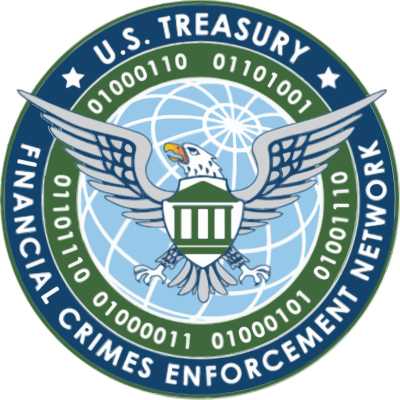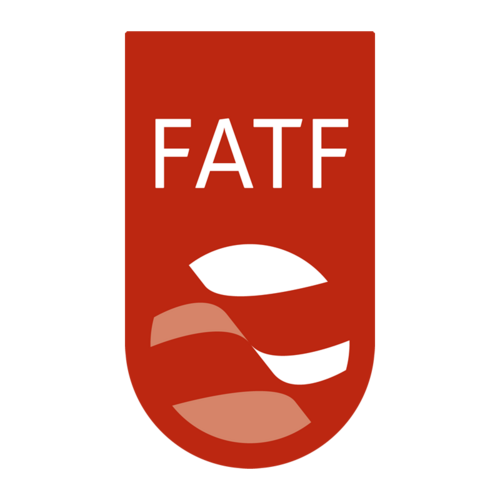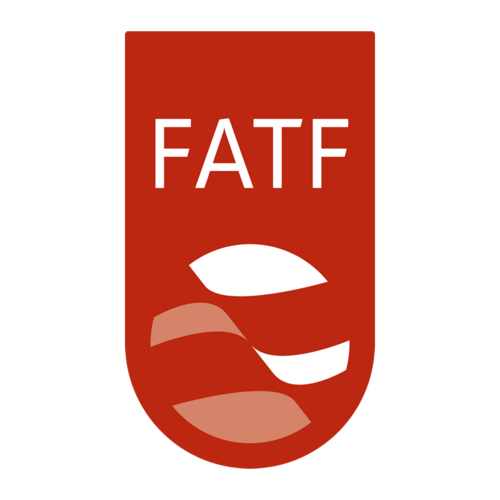Cryptocurrency – Cardiff Terrorist Khuram Iqbal Jailed Over Trading
A convicted terrorist has been jailed for 16 months over his cryptocurrency trading on the dark web. Khuram Iqbal, 29, from Cardiff, was originally jailed in 2014 for three years and three months for disseminating terrorist publications and possessing terrorist information. He was released on licence in May 2015 but recalled to jail in 2016. Iqbal breached a 10-year notification order by failing to tell police about two cryptocurrency accounts. He pleaded guilty to four breaches between July 2019 and August this year and appeared at the Old Bailey to be sentenced by Mr Justice Sweeney. The defendant had originally…




















